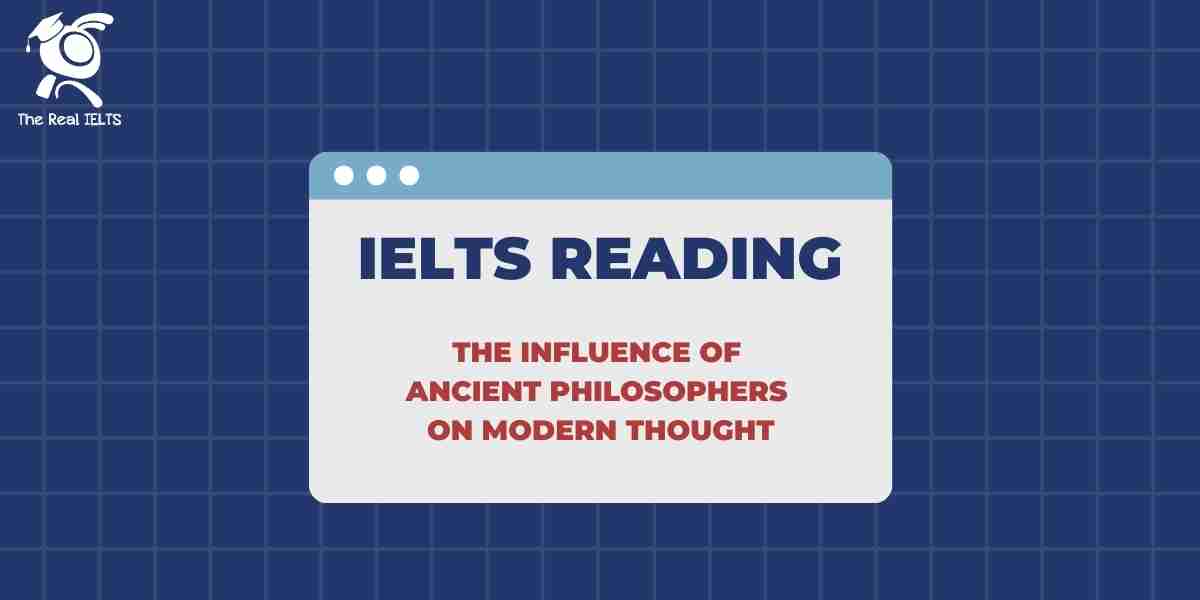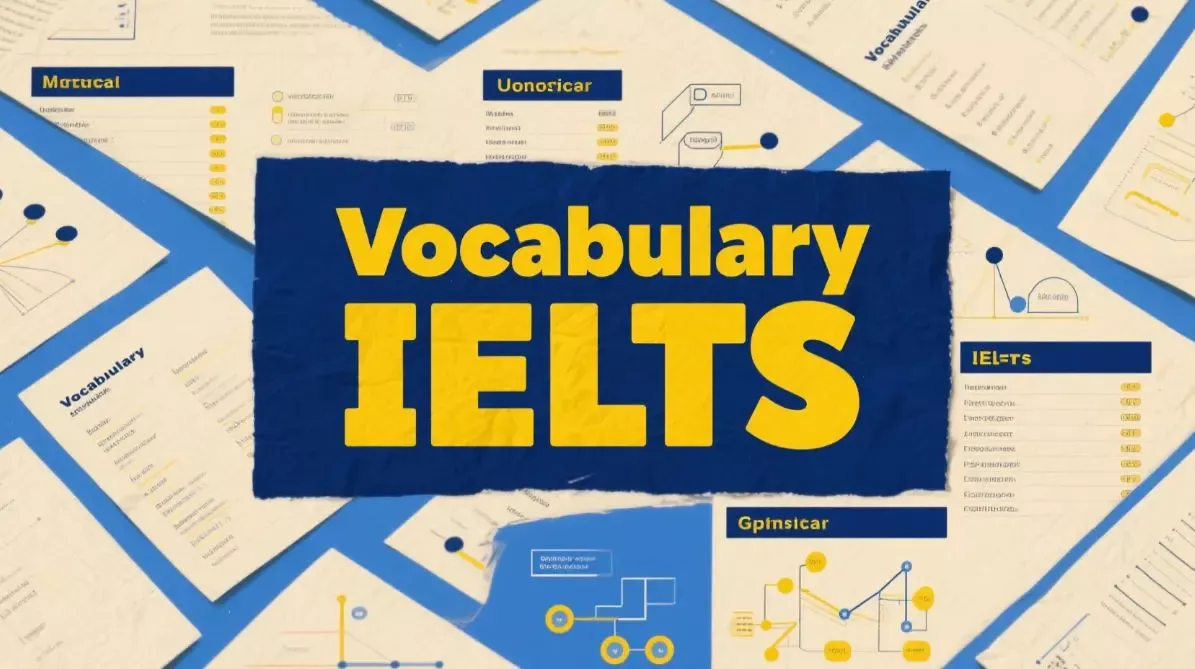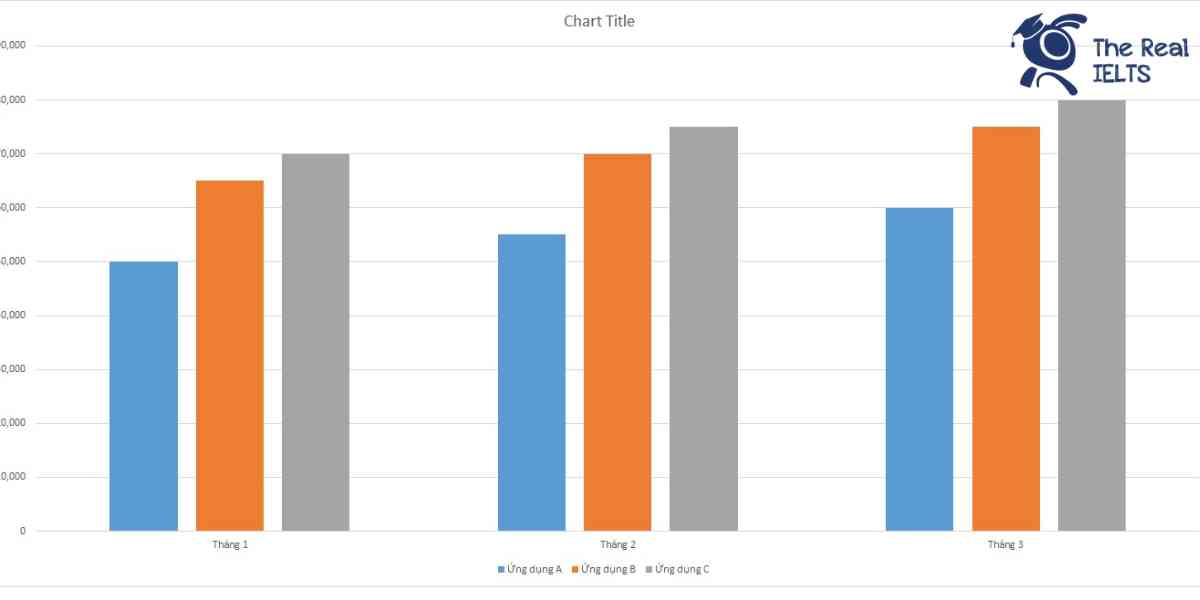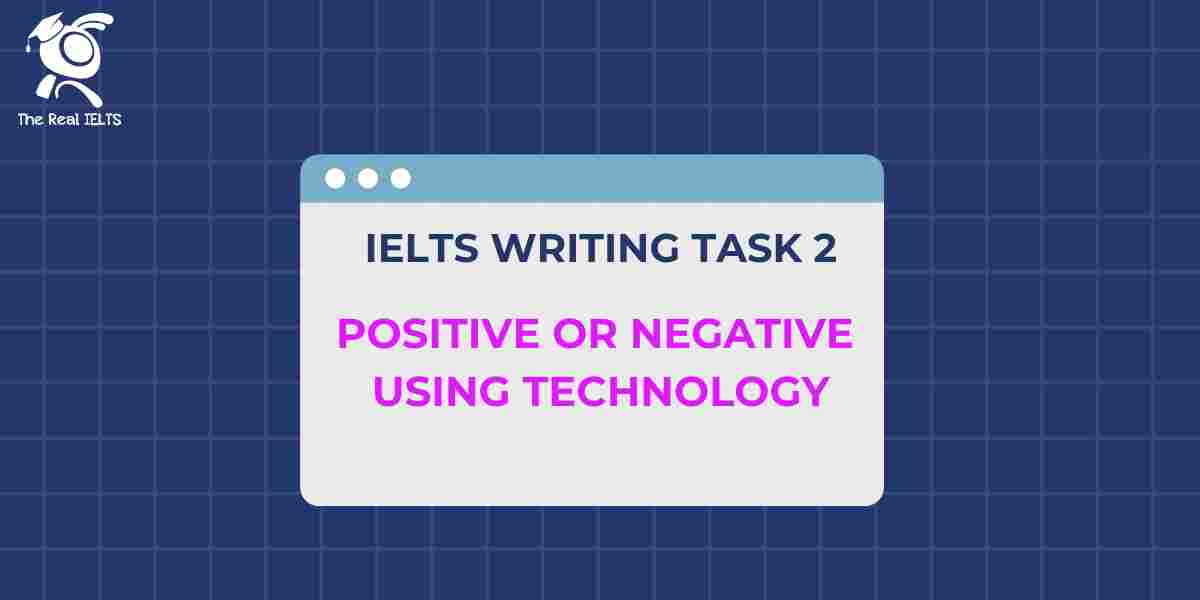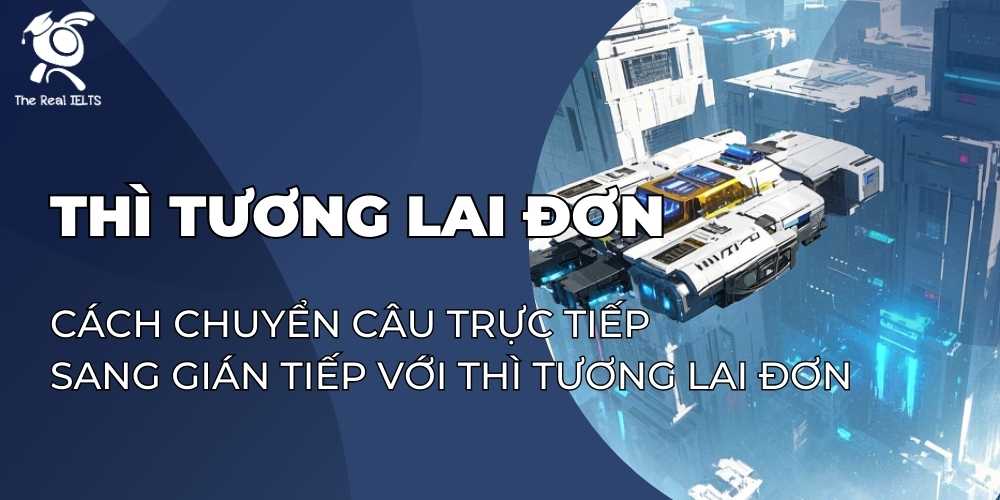Đề thi IELTS Reading có tiêu đề “The Influence of Ancient Philosophers on Modern Thought”
Nhớ đọc thêm các bài luyện thi IELTS nhé.
IELTS Reading:”The Influence of Ancient Philosophers on Modern Thought“
The Influence of Ancient Philosophers on Modern Thought
The contributions of ancient philosophers have played a significant role in shaping modern intellectual thought, with their ideas continuing to resonate across disciplines such as ethics, politics, metaphysics, and epistemology. These philosophers, from various civilizations including Greece, China, and India, laid the foundations of critical thinking and inquiry that form the bedrock of modern intellectual traditions. In particular, the works of Greek philosophers such as Socrates, Plato, and Aristotle are often credited with influencing Western philosophical traditions, while figures like Confucius and Laozi left a lasting imprint on Eastern thought. Their philosophies have endured the test of time, continuing to influence contemporary ideas on morality, governance, education, and the nature of reality.
One of the most profound influences on modern thought is the Socratic method, pioneered by the Greek philosopher Socrates. His approach to learning, which involved asking a series of probing questions to stimulate critical thinking and self-reflection, laid the groundwork for modern pedagogy and debate. The Socratic method is still used in law schools, universities, and in professional settings to foster discussion and deeper understanding of complex issues. Moreover, Socrates’ commitment to questioning authority and examining life critically continues to resonate in modern debates about ethics and morality.
Plato, a student of Socrates, expanded on his mentor’s ideas and left a significant impact on modern political theory and metaphysics. His famous work, The Republic, explores the concept of justice and the role of the state in governing individuals. His notion of an ideal society, ruled by philosopher-kings, continues to influence debates on governance, particularly in discussions on meritocracy and the role of intellectual elites in political decision-making. Additionally, Plato’s theory of forms, which posits that the material world is a reflection of a higher realm of perfect ideas, has deeply influenced metaphysical discussions in modern philosophy and theology.
Aristotle, in contrast to his teacher Plato, focused more on empirical observation and practical knowledge, a shift that laid the foundation for modern science and logic. His contributions to biology, physics, and ethics have left an indelible mark on both philosophy and the natural sciences. Aristotle’s concept of virtue ethics, which emphasizes the development of moral character over strict adherence to rules, remains a cornerstone in modern discussions of morality. Furthermore, his works on logic, particularly the development of syllogistic reasoning, have shaped the structure of argumentation in various fields, from law to computer science.
Beyond Greece, ancient Chinese philosophy has also had a lasting influence on modern thought. Confucius, one of China’s most prominent philosophers, developed a moral and social framework that emphasizes the importance of family, respect for authority, and the cultivation of virtue. His teachings on ethics, known as Confucianism, continue to inform social and political structures in many East Asian societies today. Confucius’ idea of meritocracy, where leaders are chosen based on their moral and intellectual virtues rather than their birthright, resonates with modern democratic ideals and leadership theories.
Similarly, Laozi’s philosophy of Daoism offers a contrasting yet complementary perspective to Confucianism, focusing on living in harmony with the natural world and following the Dao (the Way). His ideas have influenced contemporary environmental movements and discussions on sustainability, with many finding inspiration in Daoism’s emphasis on balance, simplicity, and interconnectedness. Modern thinkers and spiritual leaders continue to draw on Laozi’s teachings to advocate for a more harmonious relationship between humanity and nature.
In the Indian philosophical tradition, thinkers such as the Buddha and various Vedic scholars have also left a profound impact on modern thought, particularly in areas of ethics, mindfulness, and the nature of reality. Buddhist teachings on compassion, mindfulness, and the impermanence of life have gained global popularity, influencing modern psychological practices such as mindfulness-based stress reduction (MBSR) and cognitive behavioral therapy (CBT). The ethical principle of ahimsa (non-violence), central to Buddhism and Jainism, has inspired social movements worldwide, most notably Mahatma Gandhi’s campaign for Indian independence and the civil rights movement in the United States, led by Martin Luther King Jr.
Moreover, the Indian concept of karma, which suggests that one’s actions in this life determine their future experiences, has influenced modern discussions on morality, justice, and personal responsibility. Although often interpreted in a spiritual or religious context, the idea of karma has found a place in secular discussions about ethics and accountability in the modern world.
In addition to the direct influence of these ancient philosophers, modern philosophers have engaged deeply with their works, reinterpreting their ideas in the context of contemporary issues. For example, 20th-century existentialist thinkers such as Jean-Paul Sartre and Martin Heidegger drew heavily on the works of ancient Greek philosophers, particularly Plato and Aristotle, in their explorations of human freedom, existence, and meaning. Similarly, the Stoic philosophy of Marcus Aurelius and Seneca has seen a resurgence in popularity in modern self-help literature, particularly in discussions about resilience, emotional regulation, and the pursuit of a meaningful life.
In conclusion, the influence of ancient philosophers on modern thought is both profound and enduring. Their contributions have shaped the way we understand the world, approach moral and ethical dilemmas, and think critically about the nature of existence. Whether through the Socratic method, Confucian ethics, or Buddhist mindfulness, the ideas of these ancient thinkers continue to offer valuable insights and guidance for contemporary society. As we continue to navigate complex social, political, and moral issues, the wisdom of these ancient philosophers remains a crucial part of the intellectual discourse that shapes modern thought.
Đề bài thi IELTS Reading
Multiple Choice (Câu hỏi trắc nghiệm):
- What is the primary focus of the passage? A. Ancient political systems
B. Influence of ancient philosophers on modern thought
C. The rise of modern science
D. Development of modern technology - Which philosopher is associated with the Socratic method? A. Plato
B. Aristotle
C. Socrates
D. Confucius - What concept did Plato introduce in The Republic?
A. Meritocracy
B. Democracy
C. Philosopher-kings
D. Empirical observation - What is Aristotle known for contributing to modern science? A. Metaphysics
B. Virtue ethics
C. Theory of forms
D. Syllogistic reasoning - Which of the following is a key teaching of Confucius? A. Harmony with nature
B. Moral character development
C. Meritocracy
D. Virtue ethics - Which modern movement is inspired by Laozi’s philosophy? A. Human rights
B. Environmental sustainability
C. Democracy
D. Capitalism - What is karma associated with? A. Confucianism
B. Daoism
C. Buddhism and Jainism
D. Greek philosophy - Which philosopher’s ideas are linked to modern self-help literature? A. Plato
B. Confucius
C. Marcus Aurelius
D. Aristotle - Which modern practice is influenced by Buddhist teachings? A. Cognitive behavioral therapy
B. Environmental sustainability
C. Syllogistic reasoning
D. Political meritocracy - Which modern philosopher drew from the works of Plato and Aristotle? A. Jean-Paul Sartre
B. Martin Luther King Jr.
C. Confucius
D. Mahatma Gandhi
True/False/Not Given:
- The Socratic method is no longer used in modern education.
True / False / Not Given - Plato’s ideas in The Republic are still relevant in political theory today.
True / False / Not Given - Laozi believed in governing through strict laws.
True / False / Not Given - Aristotle focused on abstract reasoning rather than empirical observation.
True / False / Not Given - Confucian ethics place importance on family and social hierarchy.
True / False / Not Given - Modern psychology does not incorporate any ideas from ancient philosophy.
True / False / Not Given - Stoic philosophy primarily influences modern discussions on scientific methods.
True / False / Not Given - Buddhist teachings are irrelevant in modern psychological therapies.
True / False / Not Given - Laozi’s philosophy is primarily focused on political governance.
True / False / Not Given - The concept of ahimsa has inspired non-violent movements around the world.
True / False / Not Given
Yes/No/Not Given:
- The author believes that Aristotle’s contributions to logic are more important than his contributions to ethics.
Yes / No / Not Given - The passage suggests that modern self-help literature is heavily based on Socratic methods.
Yes / No / Not Given - The author thinks that Plato’s idea of philosopher-kings is outdated.
Yes / No / Not Given - The passage implies that modern environmental movements reject ancient philosophies.
Yes / No / Not Given - The author views Buddhist concepts like mindfulness as crucial in modern therapies.
Yes / No / Not Given
Matching Information (Nối thông tin):
- Match the following philosophers with their contributions to modern thought:
- Socrates
- Plato
- Aristotle
- Laozi
Contributions:
A. Meritocracy
B. Empirical observation
C. Questioning authority
D. Harmony with nature
Matching Headings (Nối tiêu đề với đoạn văn):
- Match the headings to the paragraphs:
- The role of Aristotle in modern science
- Confucianism’s impact on leadership
- The Socratic method in education
- Buddhist influence on psychological practices
Matching Features (Nối đặc điểm):
- Match the features to the correct philosopher:
- Focused on balance and simplicity
- Advocated for philosopher-kings
- Developed the method of questioning authority
- Emphasized non-violence and compassion
Philosophers:
A. Socrates
B. Plato
C. Laozi
D. Buddha
Matching Sentence Endings (Nối phần kết câu):
- Socrates’ method of learning is still used…
A. to foster critical thinking in universities.
B. to develop technological innovations.
C. to govern nations democratically.
D. in the field of agriculture. - Plato’s The Republic discusses…
A. the role of justice in society.
B. methods of economic development.
C. the scientific method.
D. environmental conservation. - Laozi’s philosophy has influenced…
A. modern military strategies.
B. movements for environmental sustainability.
C. the development of meritocratic governance.
D. technological advancements.
Sentence Completion (Hoàn thành câu):
- Aristotle’s concept of virtue ethics emphasizes __________ over rules.
- Confucianism emphasizes __________ in leadership selection.
- Stoic philosophy has influenced modern discussions on __________.
- The Socratic method encourages individuals to __________ their beliefs.
- Plato’s theory of forms suggests that the material world is __________ of a higher realm.
Summary, Note, Table, Flow-chart Completion:
- Complete the summary:
Ancient philosophers have had a significant impact on modern thought. Socrates introduced the __________ method, which is still used in education today. Plato’s idea of __________ has influenced political theory, while Aristotle’s work laid the foundation for modern __________ and __________.
Short Answer Questions (Câu hỏi trả lời ngắn):
- Which philosopher’s ideas are linked to mindfulness practices in modern psychology?
- What concept from Confucius’ teachings is still influential in political structures today?
- Which ancient philosophy promotes living in harmony with the natural world?
Đáp án bài thi IELTS Reading
Multiple Choice (Câu hỏi trắc nghiệm):
- B. Influence of ancient philosophers on modern thought
- C. Socrates
- C. Philosopher-kings
- D. Syllogistic reasoning
- C. Meritocracy
- B. Environmental sustainability
- C. Buddhism and Jainism
- C. Marcus Aurelius
- A. Cognitive behavioral therapy
- A. Jean-Paul Sartre
True/False/Not Given:
- False
- True
- False
- False
- True
- False
- False
- False
- False
- True
Yes/No/Not Given:
- Not Given
- No
- Not Given
- No
- Yes
Matching Information (Nối thông tin):
- Socrates: C. Questioning authority
- Plato: A. Meritocracy
- Aristotle: B. Empirical observation
- Laozi: D. Harmony with nature
Matching Headings (Nối tiêu đề với đoạn văn):
- The Socratic method in education: Paragraph on Socrates
- The role of Aristotle in modern science: Paragraph on Aristotle
- Confucianism’s impact on leadership: Paragraph on Confucius
- Buddhist influence on psychological practices: Paragraph on Buddha and mindfulness
Matching Features (Nối đặc điểm):
- Focused on balance and simplicity: Laozi
- Advocated for philosopher-kings: Plato
- Developed the method of questioning authority: Socrates
- Emphasized non-violence and compassion: Buddha
Matching Sentence Endings (Nối phần kết câu):
- A. to foster critical thinking in universities
- A. the role of justice in society
- B. movements for environmental sustainability
Sentence Completion (Hoàn thành câu):
- character development
- moral virtue
- resilience and emotional regulation
- critically examine
- a reflection
Summary, Note, Table, Flow-chart Completion:
- Socratic, philosopher-kings, science, logic
Short Answer Questions (Câu hỏi trả lời ngắn):
- Buddha’s
- Meritocracy
- Laozi’s
Luyện tập bài khác ở bài viết:”100 bài luyện IELTS Reading 2024 – 2025“


